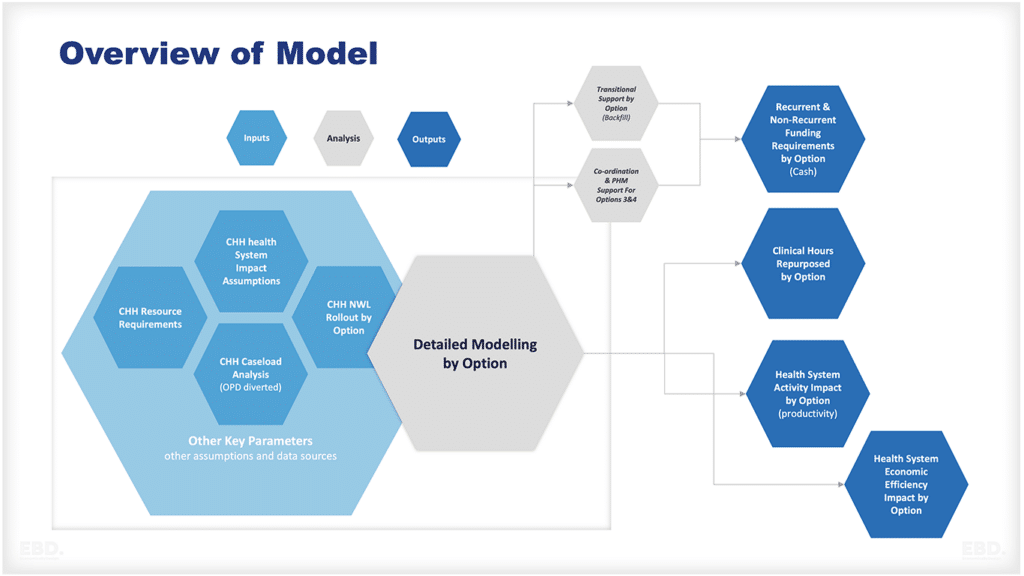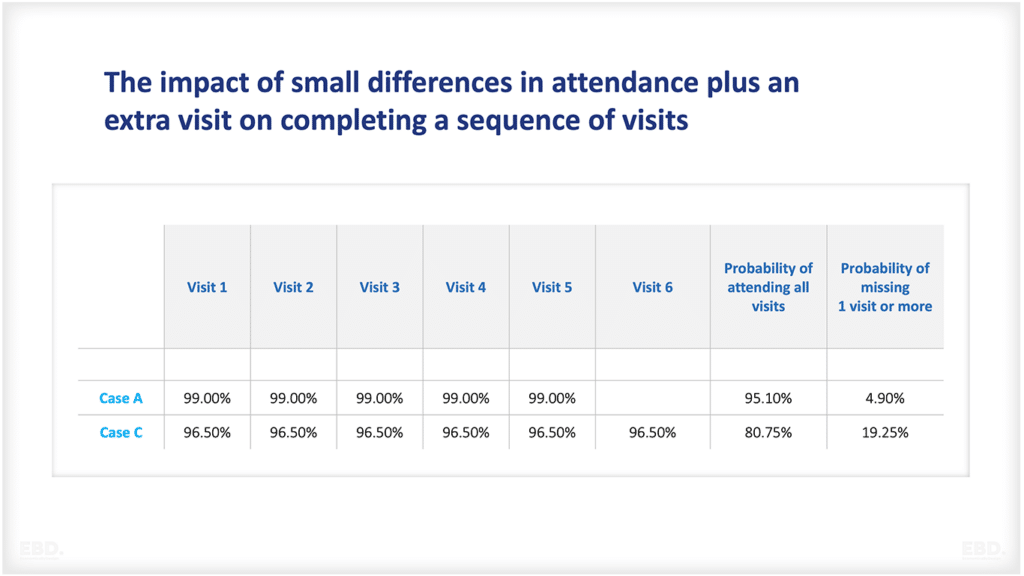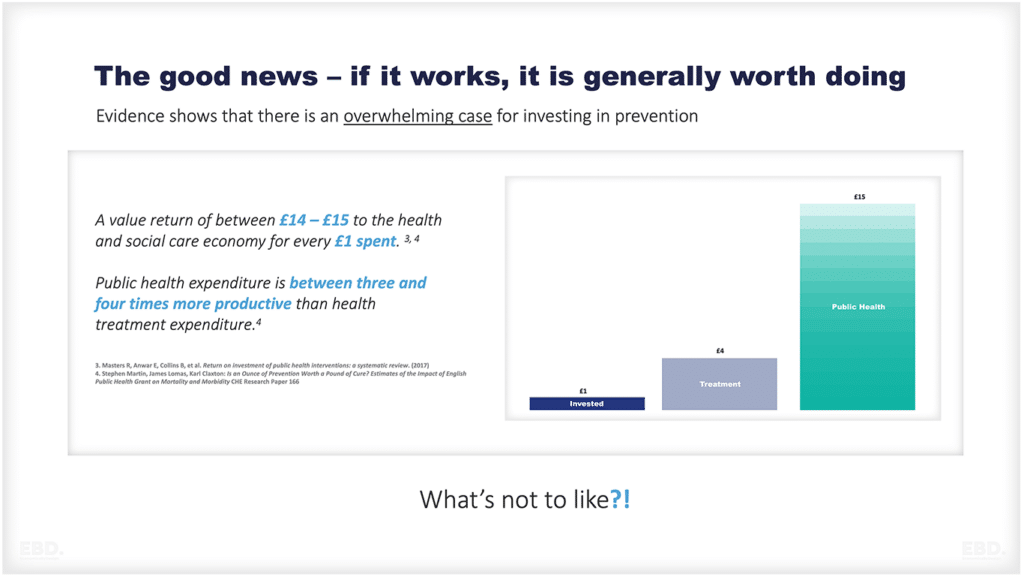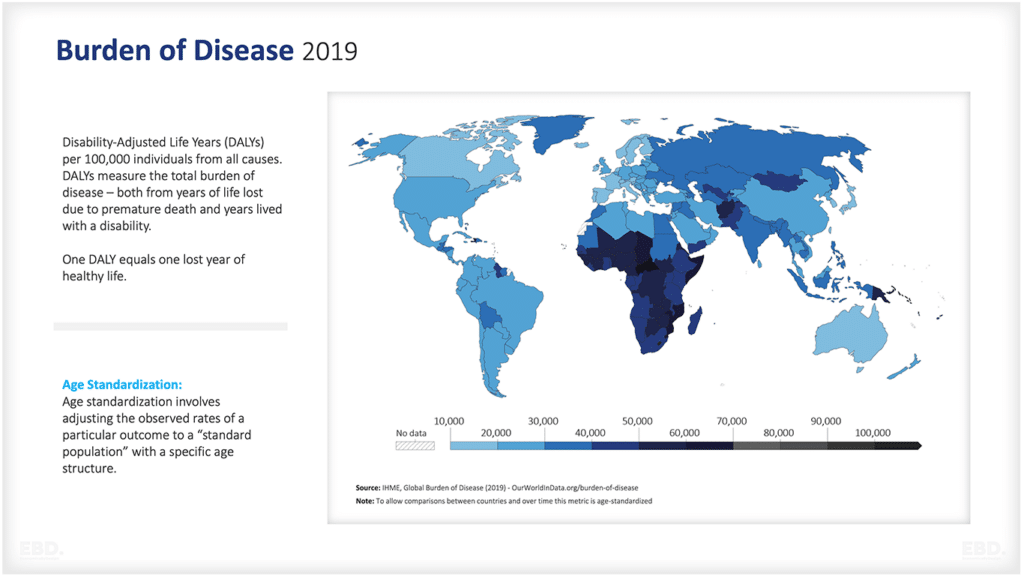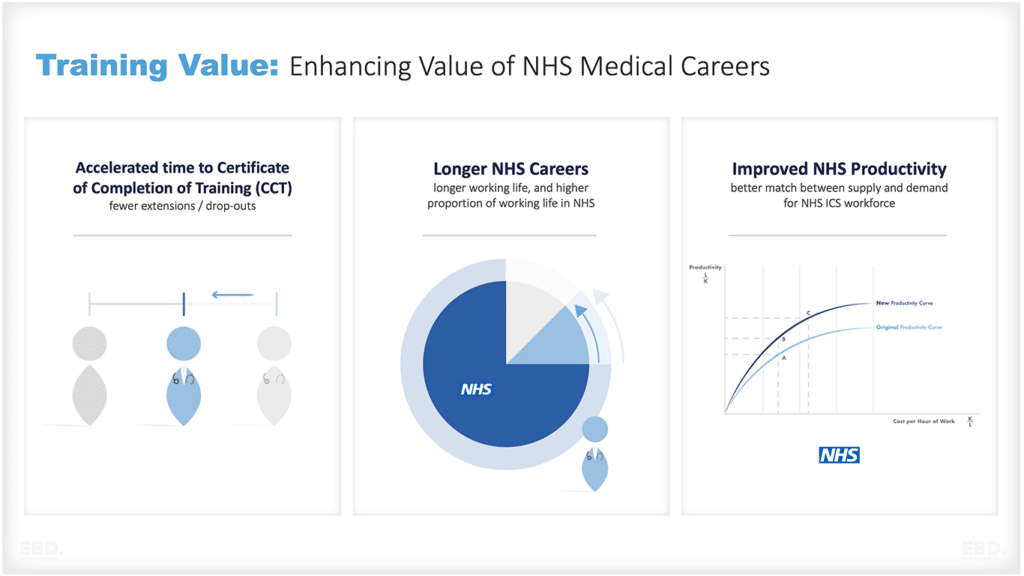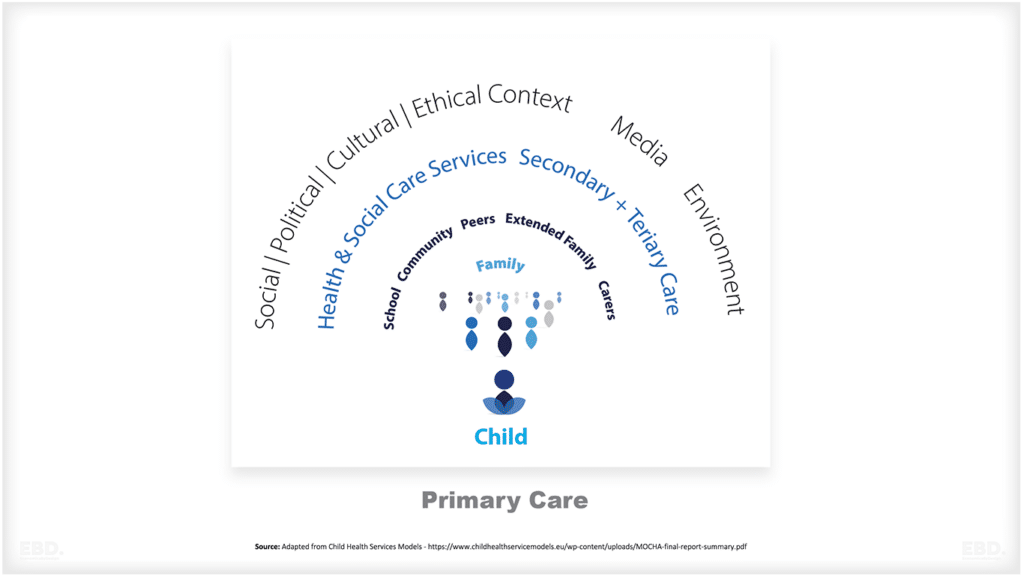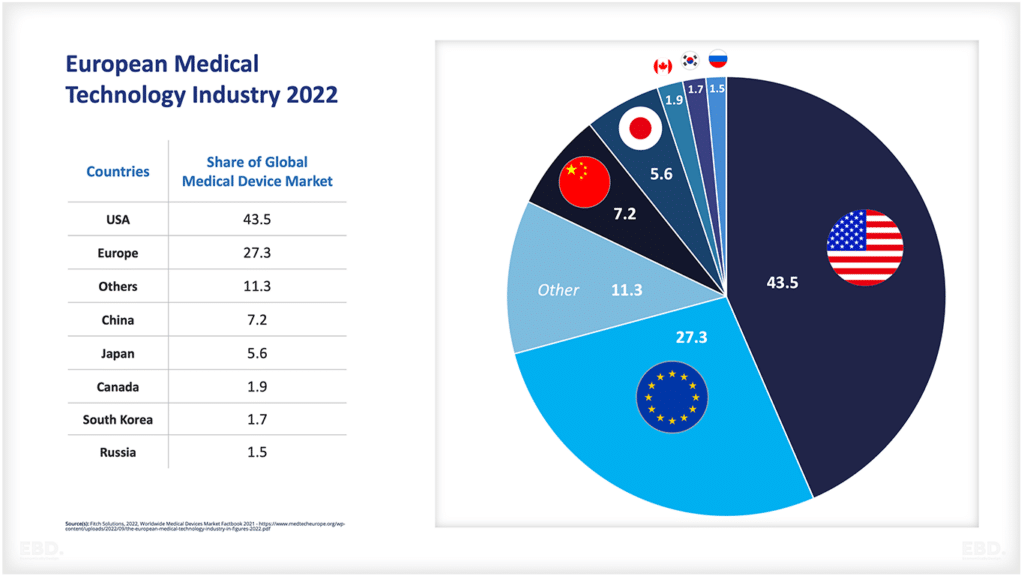Health Financing
Health Financing features articles on how health systems are paid for, how funding flows through health systems from payers to providers, and why this is important in generating economic value.
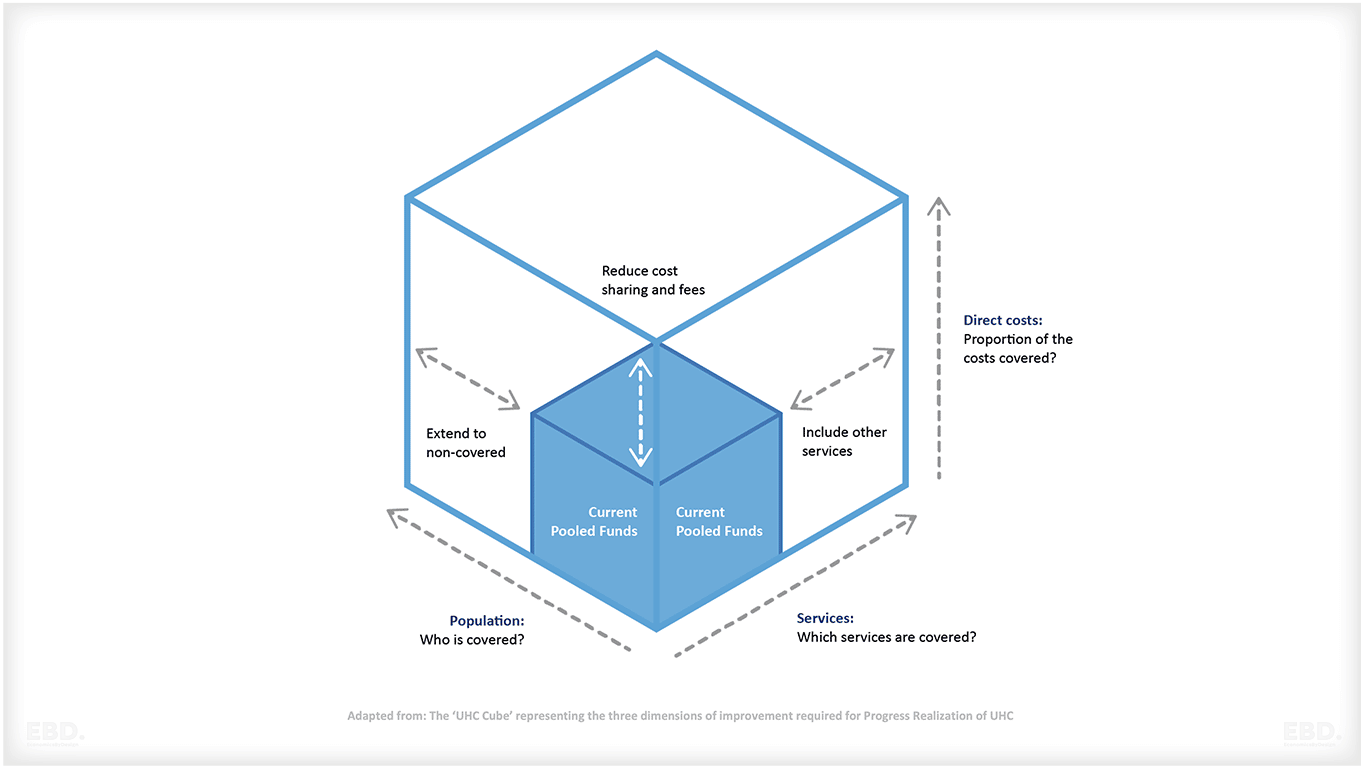
What Are Essential Health Benefits? A Simple Guide
Essential Health Benefits: Governments and health insurers use pooled funds to purchase health benefits for their citizens or insured populations ...
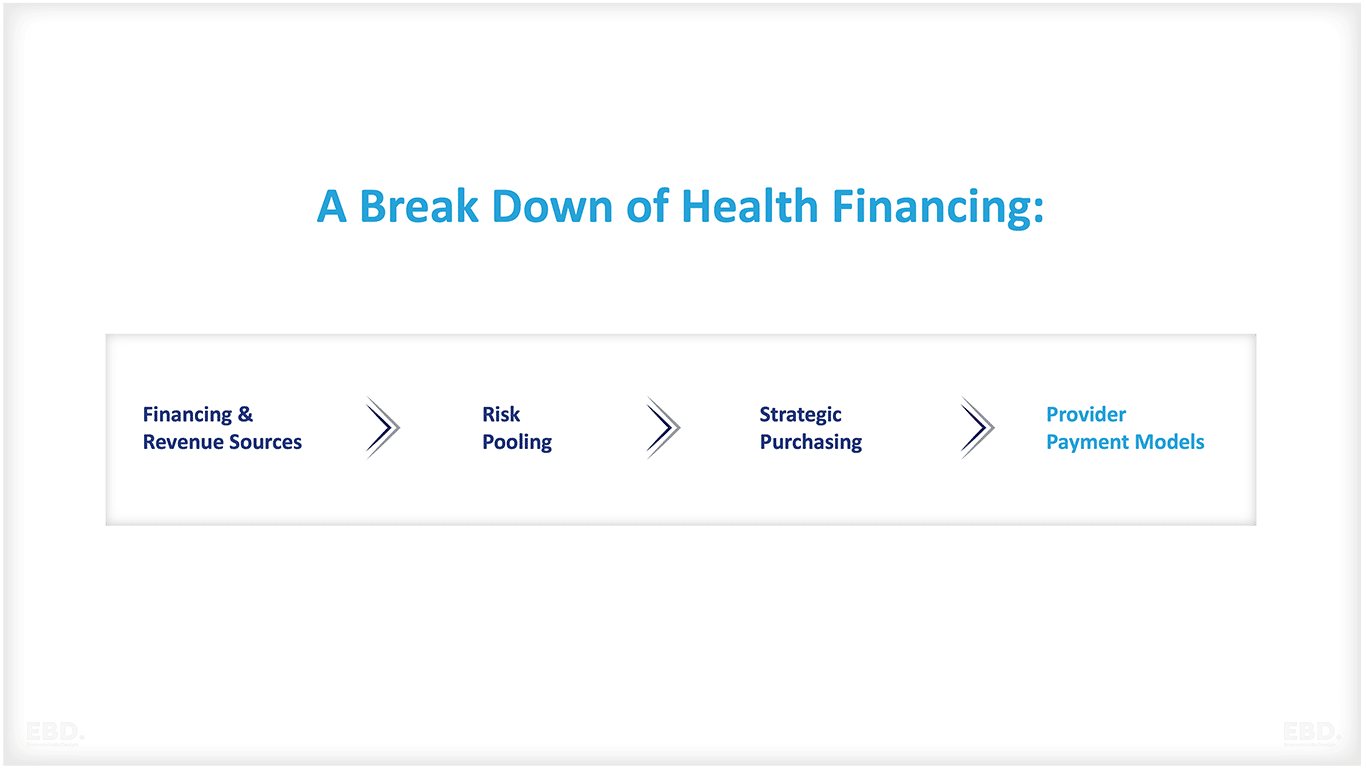
Health Financing Explained: Provider Payment Models
Providers (such as hospitals and doctors) need to be paid for the health care services they provide. This can be ...
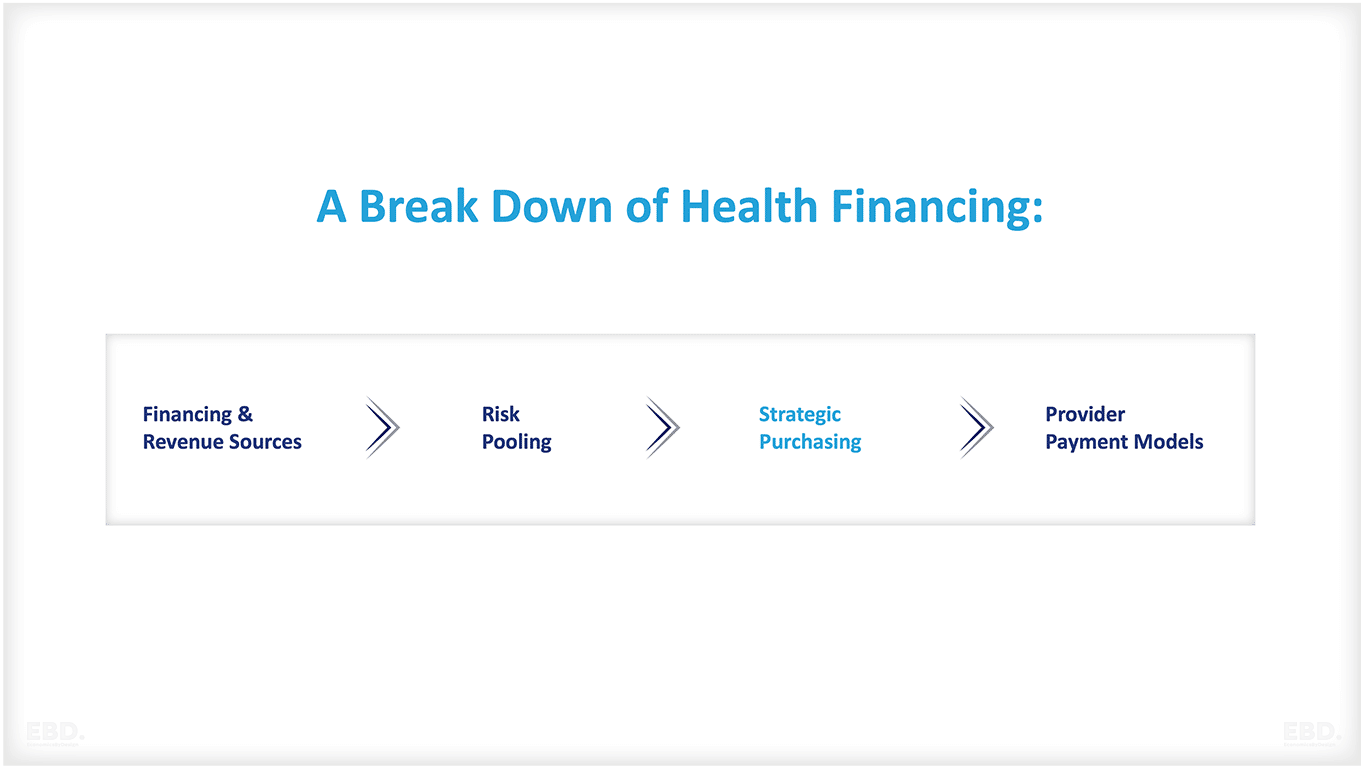
Health Financing Explained: Strategic Purchasing
Pooled funds are used to provide strategic purchasing of health care services ...
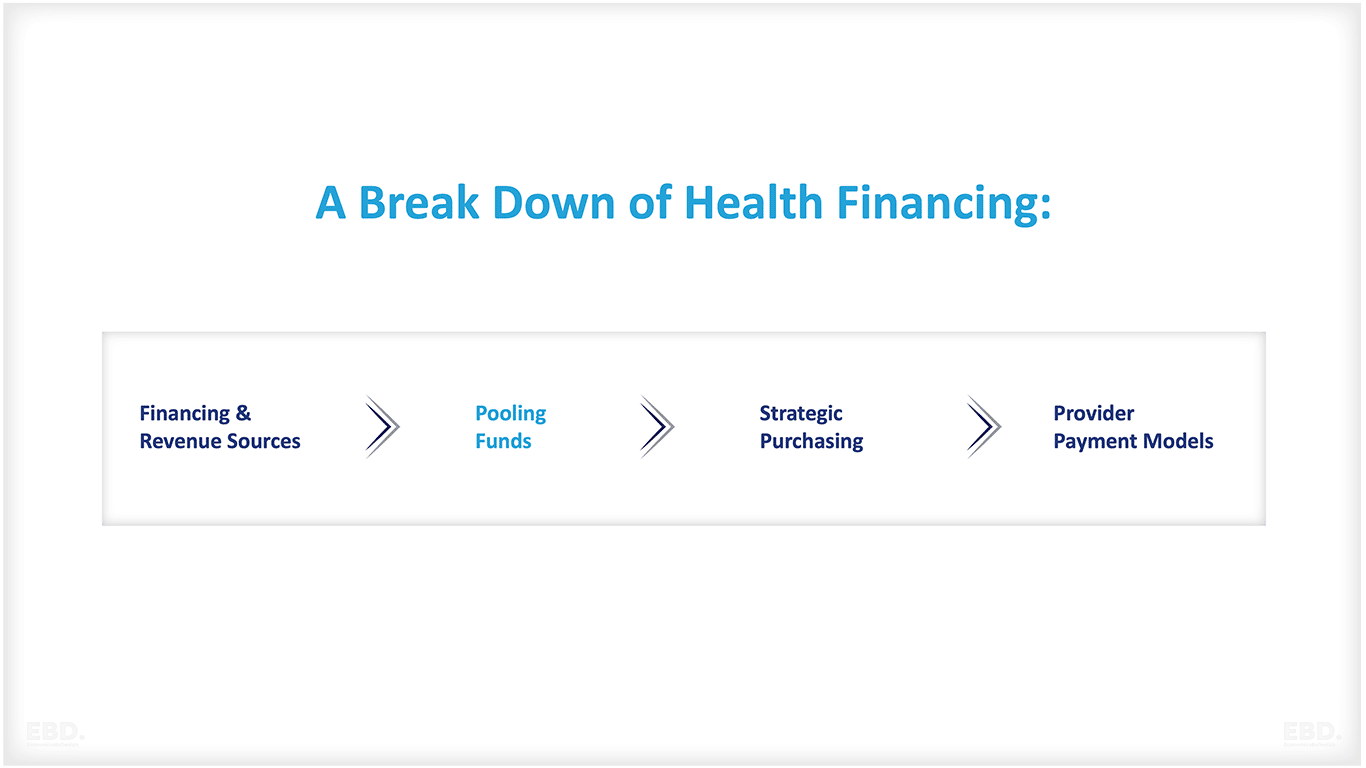
Health Financing Explained: Risk Pooling
Risk Pooling requires funds gathered at scale can be pooled together in a way that allows them to be used ...
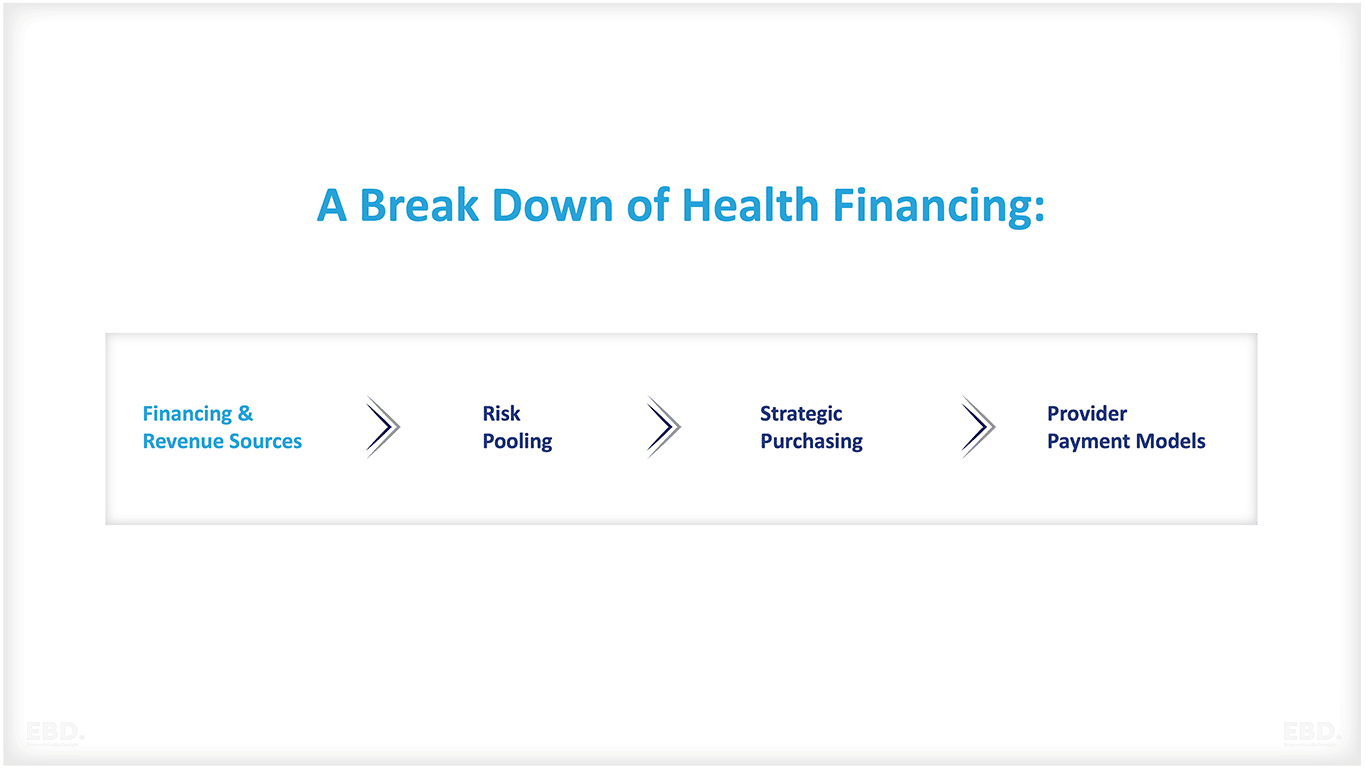
Health Financing Explained: Revenue Sources
Revenue sources can be done at scale through government contributions, taxes, social insurance contributions, private insurance contributions, or philanthropic contributions ...
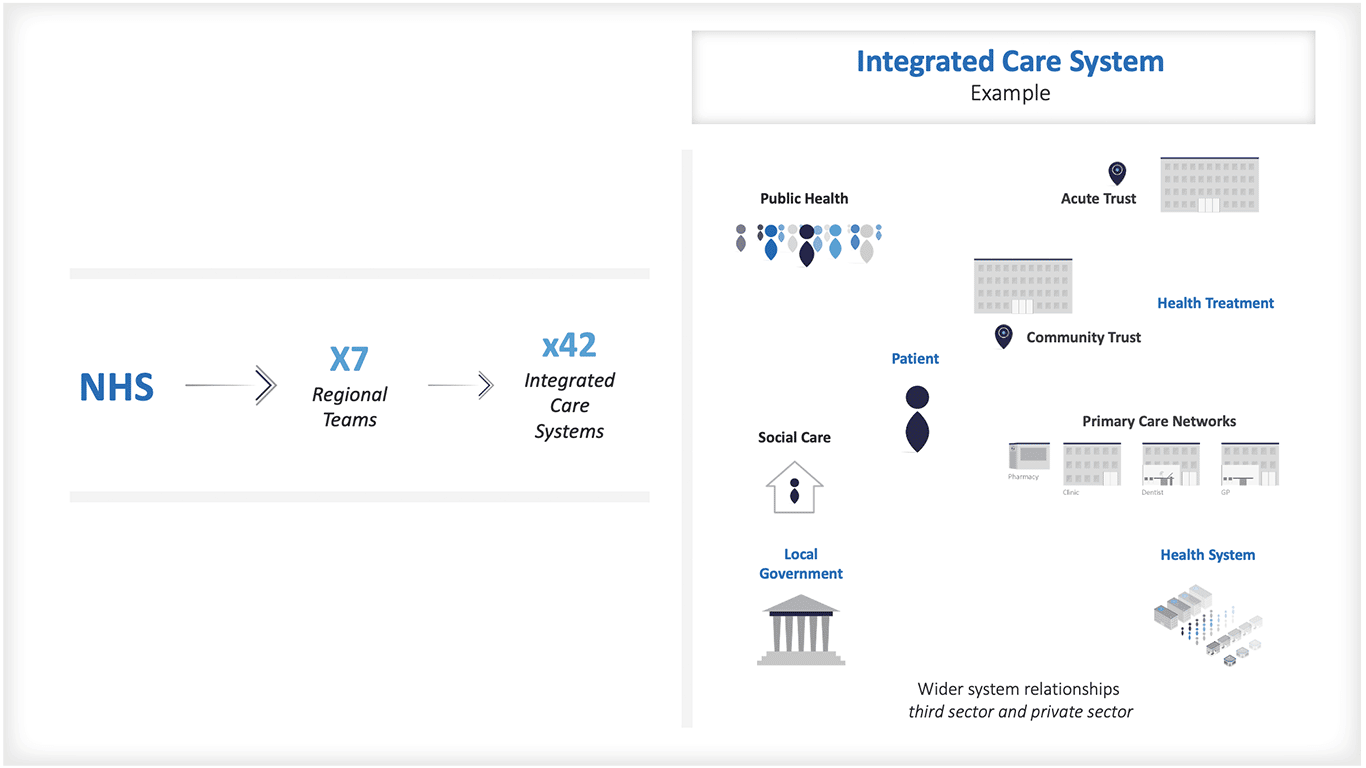
Integrated Care Systems & Financial Flows
The new integrated care systems being established across England have ambitious goals to improve health and wellbeing outcomes ...
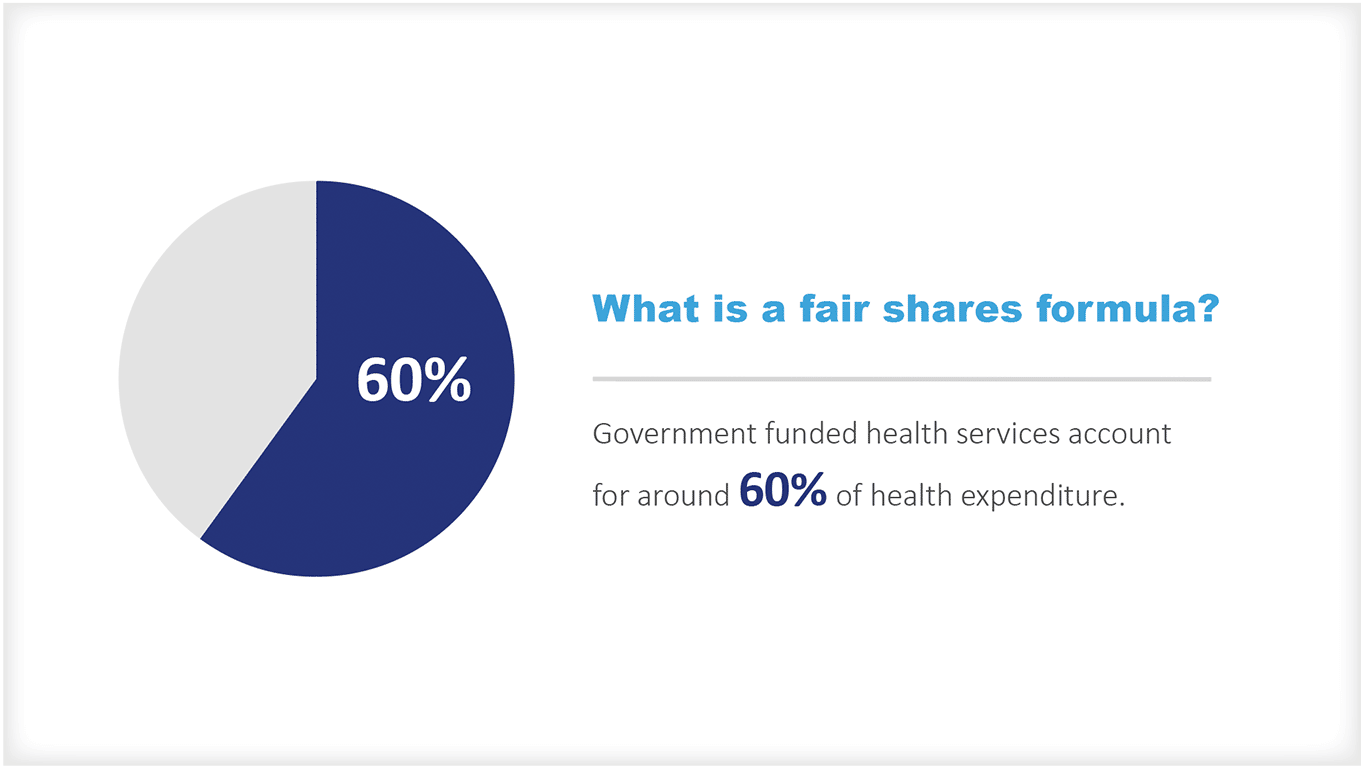
The Economics behind “Fair Shares” Funding Formulae for Health Services
Government funded health services account for around 60% of health expenditure ...
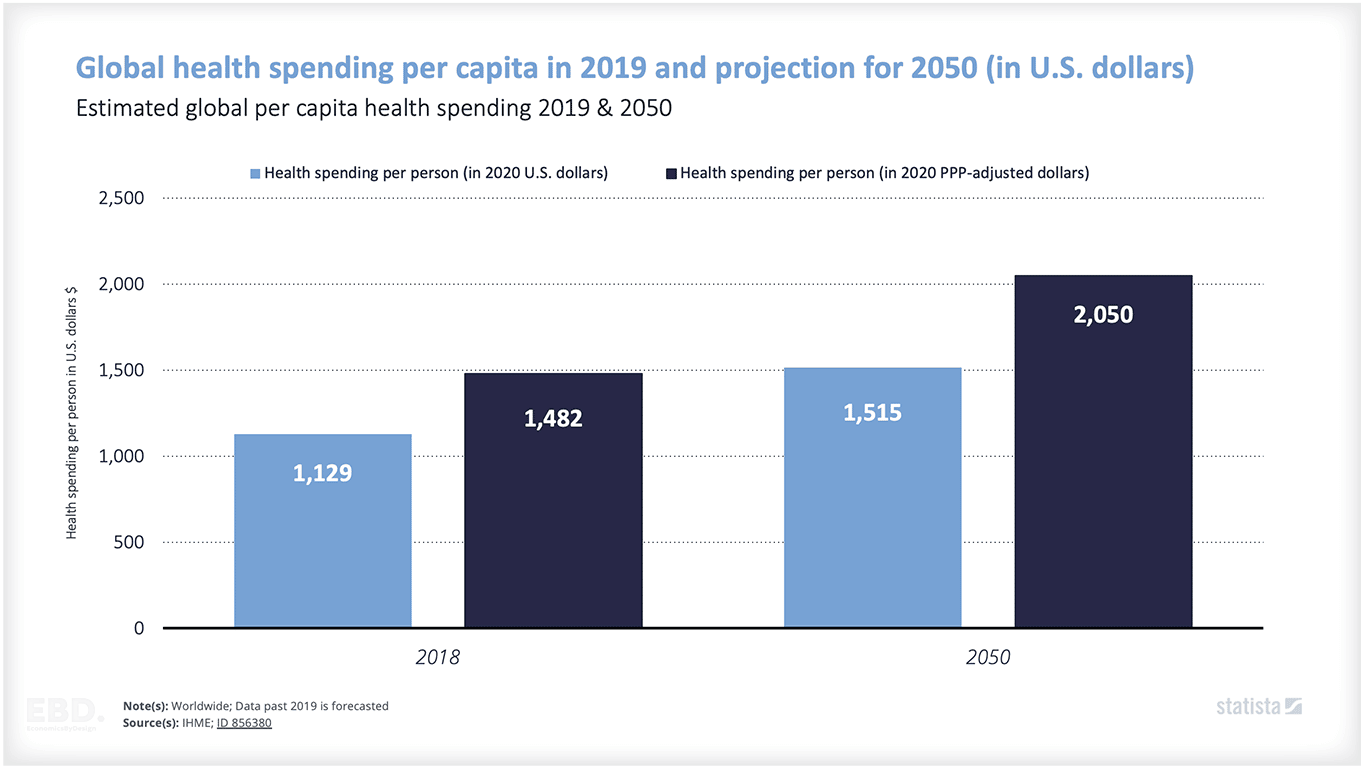
The Economics of Health Spending: How Much is Enough?
Global health spending is expected to increase by 38% by 2050. In this blog, we ask what is driving that ...


